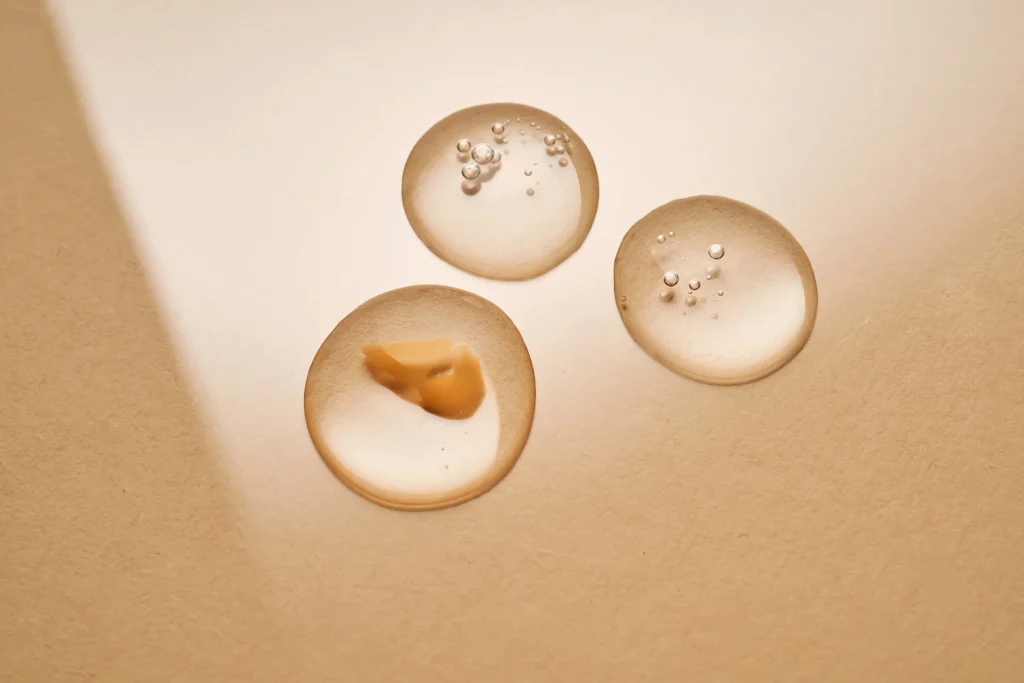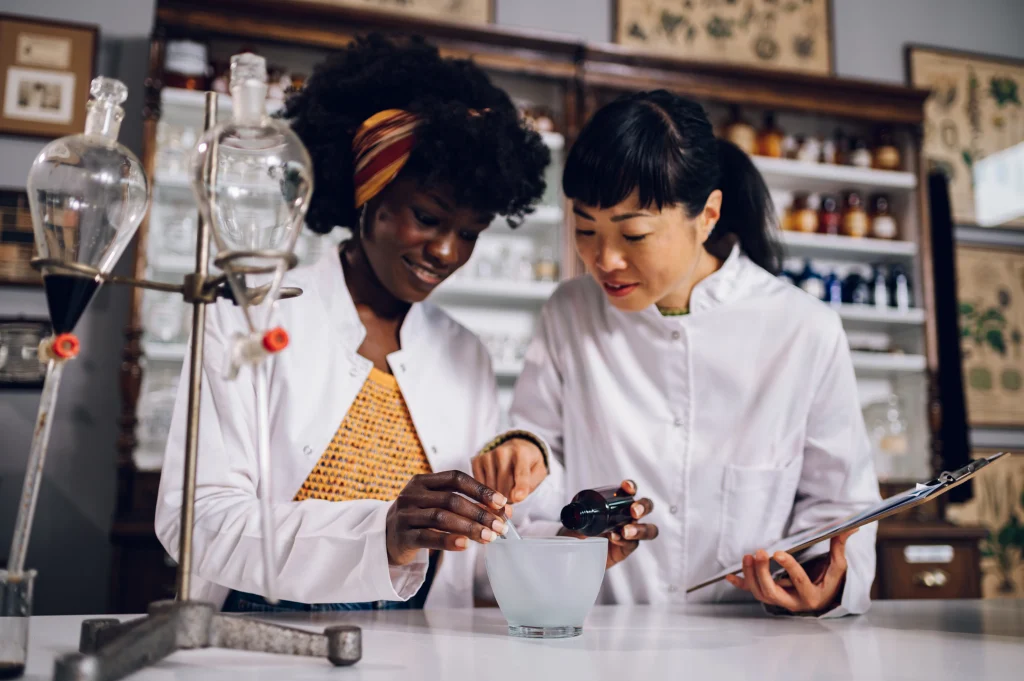
In the dynamic world of healthcare, innovation stands as the cornerstone of progress. Behind many of the most groundbreaking treatments and technologies are biomedical materials — highly specialized substances designed to interact with biological systems to support, enhance, or replace damaged tissues and organs. In Malaysia, a country rapidly advancing in medical research and healthcare delivery, understanding the pivotal role of biomedical materials offers invaluable insight into the future of medicine.
This article explores what materials are, their applications, and why they are integral to Malaysia’s growing healthcare and research sectors.
Understanding Biomedical Materials: The Building Blocks of Modern Healthcare
At its core, a biomedical material is any material intended to interface with biological systems to evaluate, treat, augment, or replace any tissue, organ, or function of the body. These materials can be natural — like collagen — or synthetic, including polymers, ceramics, composites, and metals.
Key characteristics that define successful materials include:
- Biocompatibility: The ability to perform with an appropriate host response.
- Mechanical strength: To withstand physiological loads.
- Durability: Especially for implants and prosthetics.
- Functional integration: Seamless operation within biological systems.
Examples of real-world applications include:
- Orthopedic implants: Such as joint replacements made from titanium alloys.
- Dental materials: Ceramics and composites used in implants and fillings.
- Cardiovascular devices: Including artificial heart valves and stents.
- Tissue engineering scaffolds: Providing frameworks for new tissue growth.
Malaysia’s rapidly developing healthcare ecosystem has significantly benefited from the global advancements in this sector, particularly in medical device manufacturing and clinical research.
Applications of Biomedical Materials in Malaysia’s Healthcare Landscape
The Malaysian medical device market, valued at RM7 billion annually, relies heavily on innovations in biomedical materials to stay competitive. Several critical sectors are driving demand:
1. Orthopedics and Prosthetics
As Malaysia’s population ages, the prevalence of orthopedic conditions such as osteoarthritis and osteoporosis is rising. This surge fuels demand for biomedical materials that are lighter, stronger, and more compatible with human physiology. Advanced materials like shape-memory alloys and bioceramics are now integral to designing hip and knee replacements that offer better mobility and longer lifespan.
2. Cardiovascular Interventions
Cardiovascular diseases remain a leading cause of mortality in Malaysia. Modern biomedical materials are enabling the creation of minimally invasive devices like drug-eluting stents, artificial heart valves, and vascular grafts. These devices rely on biocompatible metals and polymers to reduce complications and enhance patient outcomes.
3. Wound Care and Regenerative Medicine
In wound care, bioengineered dressings embedded with antimicrobial agents are being increasingly adopted in Malaysian hospitals. Meanwhile, in regenerative medicine, researchers are developing tissue scaffolds using biodegradable polymers, offering hope for burn victims and those requiring organ repair.
4. Drug Delivery Systems
Targeted drug delivery systems, made possible by nanotechnology and advanced biomedical materials, are also gaining momentum. These innovations allow for controlled release and improved efficacy of medications, particularly in cancer treatments — an area where Malaysia is investing heavily.

The Evolution of Biomedical Materials: Global Innovations Reaching Malaysia
Biomedical materials are not static. Every year, research uncovers new ways to enhance their performance and broaden their applications. Some of the latest global innovations starting to influence Malaysia’s market include:
- 3D-printed implants and prosthetics: Offering patient-specific solutions with greater precision.
- Smart materials: Responsive to environmental changes like pH, temperature, or electric signals, offering dynamic treatment options.
- Bioactive glasses: Used in bone regeneration and wound healing.
- Biodegradable implants: Eliminating the need for secondary surgeries to remove devices.
Malaysia’s universities and R&D institutions, such as Universiti Malaya and Universiti Teknologi Malaysia, are increasingly involved in research collaborations to bring these global innovations into the local healthcare framework.
Malaysia’s Biomedical Materials Industry: Challenges and Opportunities
While the future is promising, challenges exist:
- Stringent regulatory requirements must be met for medical-grade materials, often involving time-consuming certification processes.
- High R&D costs can deter smaller players from entering the market.
- Supply chain disruptions, especially post-pandemic, have highlighted vulnerabilities in sourcing raw materials.
However, these challenges also present opportunities:
- Local manufacturing initiatives are growing, supported by government incentives.
- Public-private partnerships are being encouraged to accelerate innovation.
- Focus on exports: Malaysia’s proximity to ASEAN markets offers vast potential for biomedical material exports.
The emphasis on creating a resilient, innovation-driven biomedical industry positions Malaysia as a future hub for advanced healthcare solutions.
Why Quality Assurance in Biomedical Materials Matters
In healthcare, even minor flaws in biomedical materials can lead to serious consequences. Thus, comprehensive testing and certification are critical to ensuring safety, performance, and compliance with international standards.
Testing protocols often include:
- Mechanical testing for strength and flexibility.
- Biocompatibility assessments to ensure materials do not induce adverse reactions.
- Sterilization validations to confirm resistance to bacteria and pathogens.
With Malaysia’s growing emphasis on medical tourism and healthcare excellence, stringent quality control has become non-negotiable.
Perfect Laboratory (M) Sdn Bhd: Your Trusted Partner in Biomedical Materials Testing
Recognising the critical need for precise testing and validation services, Perfect Laboratory (M) Sdn Bhd offers specialized expertise in evaluating biomedical materials. From material characterization and mechanical analysis to biocompatibility testing, Perfect Laboratory ensures that biomedical products meet not only Malaysian regulatory standards but also the stringent requirements of international markets.
Partnering with Perfect Laboratory (M) Sdn Bhd means ensuring that your biomedical innovations are:
- Reliable: Passing all required performance benchmarks.
- Safe: Meeting the highest biocompatibility and sterilisation standards.
- Globally competitive: Positioned to succeed in both local and international healthcare markets.
As Malaysia strides toward a future defined by healthcare excellence, Perfect Laboratory stands ready to support researchers, manufacturers, and healthcare providers in achieving world-class standards in biomedical materials innovation.
Conclusion
The realm of biomedical materials represents one of the most exciting frontiers in modern medicine. In Malaysia, this sector is not only growing but evolving rapidly, fuelled by research breakthroughs, industry collaborations, and an increasing demand for advanced healthcare solutions. Understanding the science, applications, and future potential of biomedical materials will be essential for stakeholders across the healthcare spectrum.
As Malaysia continues to position itself as a leader in healthcare innovation, the importance of reliable, high-quality biomedical materials will only grow. Partnering with trusted experts like Perfect Laboratory (M) Sdn Bhd ensures that your innovations are safe, effective, and ready to meet the medical challenges of tomorrow.
